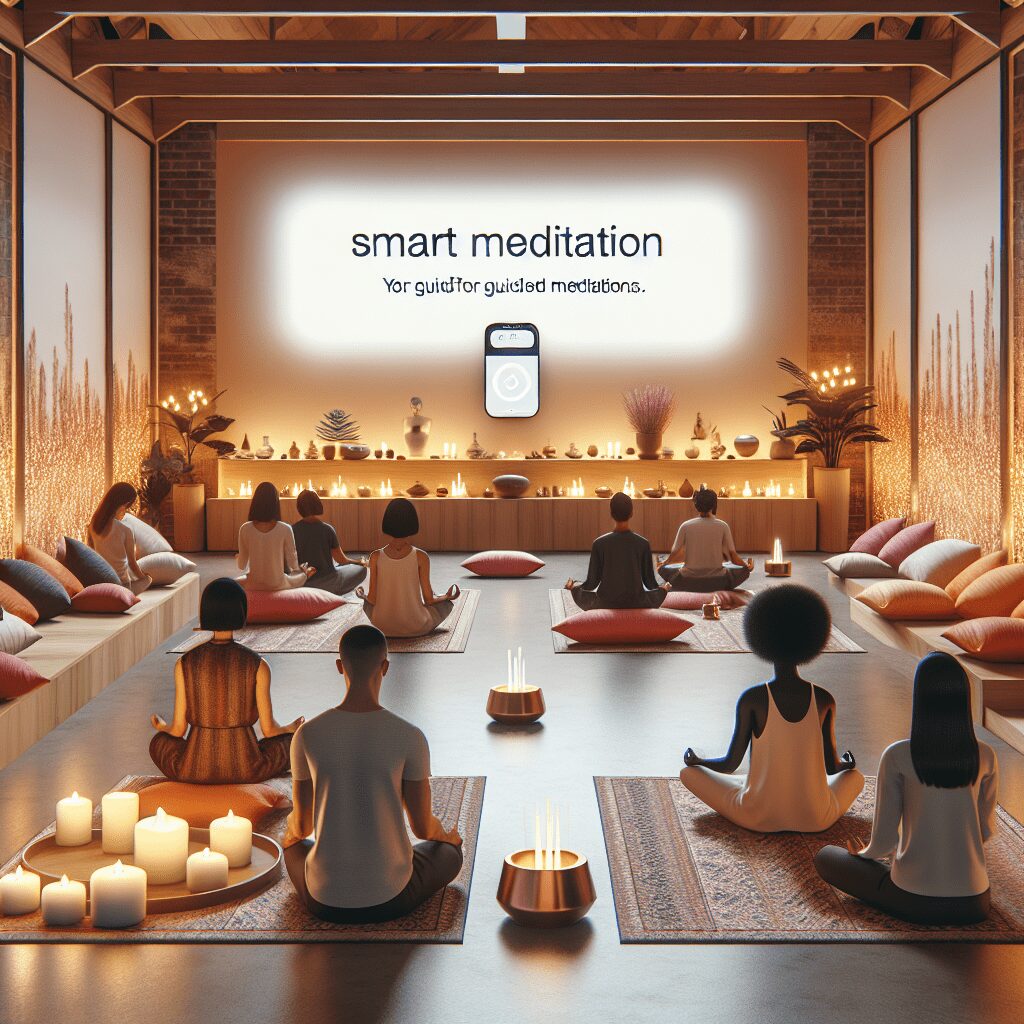
Prioritize your mental well-being daily. Enhance your life by nurturing your mental health with the Smart Meditation app. Break free from stress, alleviate anxiety, and enhance your sleep quality starting today.
How Gratitude Can Reduce Anxiety And Depression?
Unlocking the Power of Gratitude: More Than Just Saying Thanks
In a world that often feels like it’s spinning faster than we can keep up, the words anxiety and depression have unfortunately become household names. But, amidst the chaos and the whirlwind of emotions, there’s a surprisingly simple practice that’s been gaining traction for its profound impact on mental health—gratitude.
Gratitude, often dismissed as a mere politeness or an old-world courtesy, is, in fact, a powerhouse of psychological healing. It’s more than just saying “thank you”; it’s about recognizing the good in our lives and appreciating the value of what we have and the people around us. So, how exactly does this sense of thankfulness work wonders for our mental well-being?
The Science Behind Gratitude and Its Effect on Our Brains
First off, let’s dive into the nitty-gritty. It’s no secret that our brains are hardwired to focus on threats and the negative aspects of life—a leftover from our days dodging predators. However, when we practice gratitude, we flip the script and encourage our minds to highlight the positive. This shift doesn’t just feel good; it fundamentally changes how our brains operate.
-
Reduction in Stress Hormones: Jotting down what we’re thankful for or voicing it can actually decrease cortisol levels, the notorious stress hormone. Researchers have found that consistently grateful people are healthier, less stressed, and less depressed.
-
Increase in Positive Emotions: Gratitude stimulates the production of serotonin and dopamine—the feel-good neurotransmitters. Just like a natural high, these chemicals boost our mood, making us feel more optimistic and happy.
-
Better Sleep: Ever find yourself tossing and turning with worry at night? Well, gratitude can also be the ticket to a better night’s sleep. Reflecting on positive experiences or feelings of thankfulness before bed can lead to longer and more restful sleep.
-
A Stronger Social Network: Expressing gratitude can strengthen relationships. It’s a two-way street; we feel better about our connections, and our friends and loved ones feel more valued and appreciated. This sense of belonging can be a lifeline during tough times.
Gratitude: The How-To Guide
So, you’re sold on giving gratitude a whirl, but where to start? Fear not; it’s easier than you might think, and you can dive in without any fancy tools or apps.
-
Keep a Gratitude Journal: Each night, jot down three things you were grateful for that day. No need for a novel—a few words or sentences will do the trick.
-
Express It: Whether it’s a thank-you note, a text message, or a face-to-face “thank you”, making your gratitude known not only brightens someone else’s day but amplifies your own feelings of thankfulness.
-
Meditation and Mindfulness: Incorporating mindfulness practices with a focus on gratitude can enrich your experience. Reflecting on what you’re thankful for during meditation can provide a double dose of stress relief.
-
Random Acts of Kindness: Channel your inner Good Samaritan by performing random acts of kindness. It could be as simple as paying for the next person’s coffee or volunteering at a local charity. This altruistic behavior fosters gratitude not only in you but in others as well.
In a nut-shell, gratitude isn’t just grandma’s advice; it’s a scientifically-backed strategy for enhancing mental health and fostering a fulfilling life. By integrating these simple practices into our daily routines, we can begin to dismantle the grip of anxiety and depression, paving the way for a healthier, happier existence. So, why not give thanks a chance?





